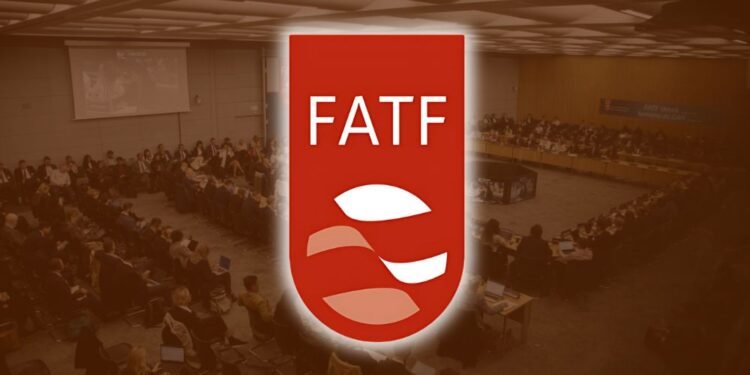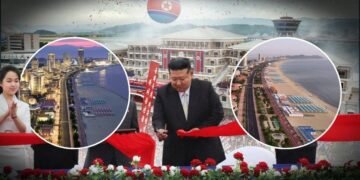The Philippines is no longer under the watch of the Financial Action Task Force (FATF) for anti-money laundering and counter-terrorism financing (AML/CFT), marking the country’s exit from the international body’s so-called ‘grey list.’
The FATF, a global watchdog monitoring financial crimes, announced the decision after its three-day plenary session in Paris from February 19 to 21.
The removal comes nearly four years after the Philippines was placed under increased monitoring in June 2021 due to deficiencies in its AML/CFT measures.
A country under FATF’s ‘grey list’ must address identified financial security risks within a set timeframe under increased monitoring. The Philippines successfully demonstrated compliance during an on-site evaluation from January 20 to 22, 2025, leading to its delisting.
“The FATF Plenary congratulated the Philippines for its progress in addressing AML/CFT deficiencies identified during mutual evaluations,” the FATF stated.
“The Philippines has completed its action plan and will no longer be subject to increased monitoring.”
Key Reforms: How the Philippines Addressed FATF’s AML/CFT Deficiencies
Key reforms that contributed to the country’s removal include enhanced regulation of non-financial businesses such as law firms, accounting firms, real estate companies, corporate service providers, and casinos.
Measures were also implemented to address risks linked to casino junkets, crack down on unregistered money transfer operators, improve access to beneficial ownership information, and increase investigations and prosecutions of financial crimes.
Safeguards for non-profit organizations were strengthened to prevent misuse, and stricter cross-border controls were enforced at major air and sea ports.
The Anti-Money Laundering Council (AMLC) welcomed the FATF’s decision, emphasizing that the grey list status had burdened financial institutions and hindered international transactions.
The removal is expected to facilitate lower-cost cross-border banking, improve financial transparency, and attract foreign investment.
A Stronger Financial Future: What FATF’s Removal Means for the Philippines
“This development will enhance economic competitiveness and benefit Filipinos, particularly overseas workers who rely on seamless international financial transactions,” the AMLC said.
President Ferdinand Marcos Jr.’s Executive Order No. 33, issued in July 2023, played a key role in ensuring compliance with FATF standards. The order provided a roadmap for reforms and was instrumental in securing the country’s removal from the grey list.
Executive Secretary Lucas Bersamin, chair of the National Anti-Money Laundering and Counter-Terrorism Financing Coordinating Committee (NACC), emphasized the significance of this achievement:
“This recognition affirms that the Philippines’ AML/CFT framework now aligns with global standards. It supports our vision to enhance economic competitiveness for the benefit of our people.”
Bangko Sentral ng Pilipinas (BSP) Governor and AMLC Chairman Eli Remolona Jr. credited the milestone to strong collaboration between government agencies and the private sector.
“This achievement is a result of our concerted efforts to make the financial system a stronger driver of sustainable growth,” Remolona said.
Despite its removal from the grey list, the FATF urged the Philippines to continue improving its AML/CFT initiatives, particularly in identifying and prosecuting terrorism financing cases without disrupting legitimate non-profit organizations.











